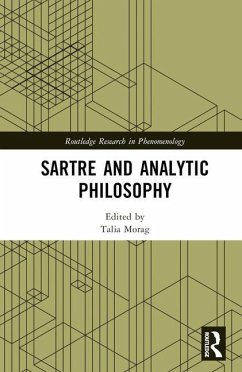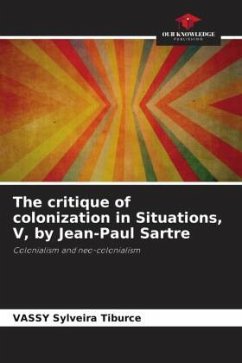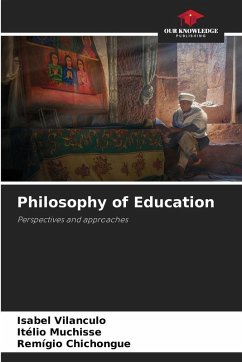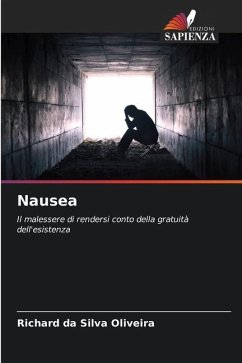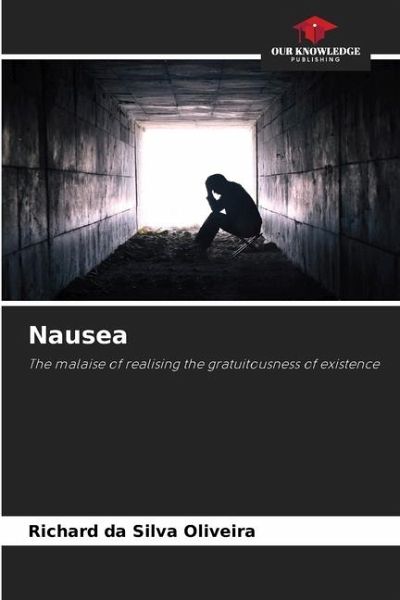
Nausea
The malaise of realising the gratuitousness of existence
Versandkostenfrei!
Versandfertig in 6-10 Tagen
36,99 €
inkl. MwSt.

PAYBACK Punkte
18 °P sammeln!
The decades between the World Wars and the 20th century saw the emergence of a common concept that served as a starting point for philosophers considered existentialists: the concept of the Absurd. Jean-Paul Sartre published the novel Nausea in 1938. Philosophical Nausea is the first experience that follows the apprehension of the Absurd. It is the unease of the subject who, in a pre-reflexive situation, puts himself in spite of the total gratuitousness of existence. Sartre puts it at the basis of his philosophical construction and, using surrealist images, presents a hybrid of literature and ...
The decades between the World Wars and the 20th century saw the emergence of a common concept that served as a starting point for philosophers considered existentialists: the concept of the Absurd. Jean-Paul Sartre published the novel Nausea in 1938. Philosophical Nausea is the first experience that follows the apprehension of the Absurd. It is the unease of the subject who, in a pre-reflexive situation, puts himself in spite of the total gratuitousness of existence. Sartre puts it at the basis of his philosophical construction and, using surrealist images, presents a hybrid of literature and philosophy in the work for which he achieved recognition. Investigating in particular the philosopher's output prior to the Second World War, this research is mainly concerned with the conceptualisation of Sartre's Nausea and the presentation of possibilities for overcoming this malaise. To do this, it is necessary to evaluate the literary work, contextualising it and extracting from it the elements that will contribute to an understanding of Nausea and, going through the possibilities of overcoming it proposed in the novel's script itself, to understand why Sartre chose literary engagement as the best of the possibilities.



